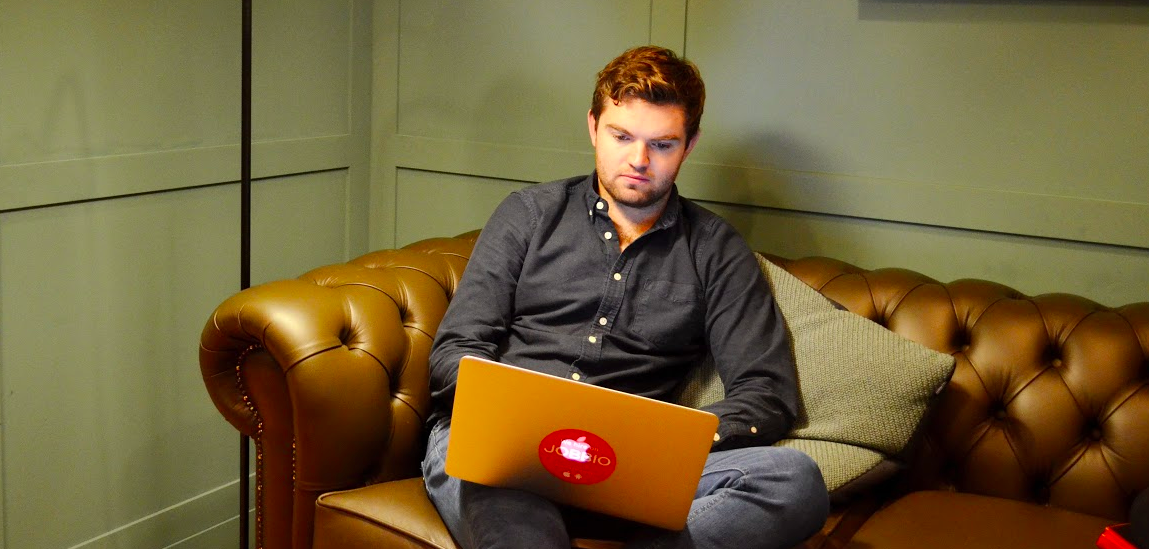If you search ‘what to include on a CV’, you’ll quickly learn that most of the advice relates to people who have been in the workforce for a prolonged period of time and need help arranging and presenting their work experience and skills.
But what about those who are entering the workforce, possibly for the very first time? While cat-sitting for your neighbour or stacking shelves in your local supermarket aren’t relevant in a highly-competitive corporate job context, you can’t leave your CV blank either.
So how can you ensure your capabilities are communicated effectively on an entry-level CV? Below we’re detailing the main points to remember, what to leave out and how to upsell your skills.
 Highlight your skills
Highlight your skills
According to the World Economic Forum’s Future of Jobs report, soft skills including critical thinking, analytical thinking, creative thinking, resilience and social influence are the most important workplace skills of the future.
While every job you apply for will require a unique set of skills, and each CV you send should be tailored to each specific job spec, it’s also important that you convey your general soft skills and link these to your education and any past work experience.
For example, did you have to creatively solve any problems or issues in any of your summer or part-time jobs? Perhaps you showed resilience during a period of flux or change?
Aligning your skills to concrete examples will help prospective employers gauge what kind of approach you bring to the workplace (and any potential workplace issues), while also giving them a better understanding of you as a person.
Follow the leader
You might think leadership skills are only relevant if you’re in a managerial position or trying to get hired for one but employers value leadership qualities in employees of all ages and levels of experience.
Have you ever captained a sports team or led a charitable initiative such as a clothing drive or been in charge of a team of fundraisers? Maybe you’ve acted as a mentor or been a positive role model for someone else.
These are the kind of leadership skills that highlight a level of maturity and sense of ownership that employers want to see.
Go team!
Leadership traits are important but teamwork is a transferable skill—a skill that can apply to any job—and employers will be looking out for it on an entry-level CV.
Similar to leadership skills, look at how you can highlight your ability to be a team player via extracurricular activities or groups you’ve been involved in.
Communication is key
From answering emails to participating in a video call to presenting during a meeting, communication skills are essential in the workplace.
A good way to nail communication skills if you haven’t worked in an office or corporate setting before is to practise using AI tools, such as practicetalking.net or langchats.com, which facilitate two-way conversations between you and an AI chatbot so you can work on your verbal communication skills. They’re also pretty handy when it comes to the interview stage and you want to run-through your answers to common interview questions.
Learning and development
Another attribute a hiring manager will want to see on an entry-level CV is a willingness to learn and can-do attitude to learning on the job.
Highlight any previous jobs that show you picked up lots of info on the job or instances where you didn’t have a lot of experience, but your willingness to learn provided you with the opportunity to absorb new skills.
Want more?
Whether you’re at the start of your career or looking for your next role, check out our Cheat Sheet series which includes advice on what to never say in an interview and the things you should never do when you leave a company.












